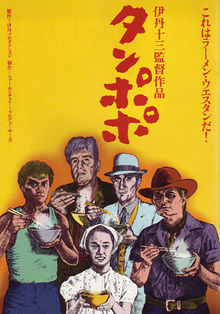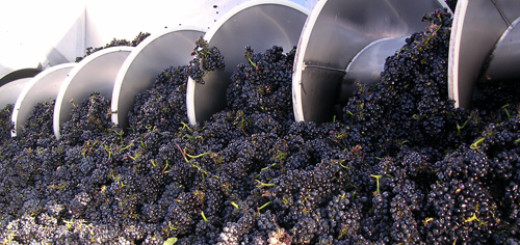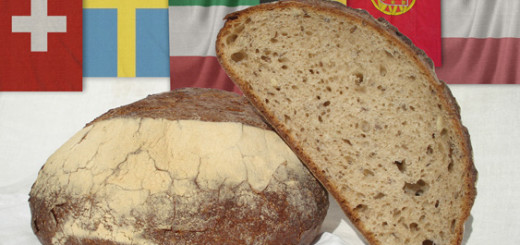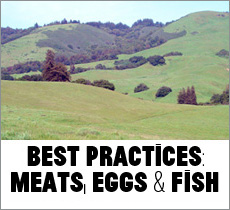Foodie Film: Tampopo
From noodles to aphrodisiacs, from food fetishes to French food, and back again to noodles, the film Tampopo (1985) explores our common foodie humanity and our shared sensory and emotional engagement with food. Is it a screwball comedy? A parody/satire? An homage to the history of movie making from Shane to The Godfather to Rocky? Tampopo integrates and simmers together these ingredients for a flavorful mix that explores the emotional and intellectual realm of the edible.

Tampopo (1985)
Every story in this film explores our human connection through food, whether asserting status, fulfilling desires, or feeding the soul. Director Jûzô Itami channels a type of Virginia Woolf-esque stream of consciousness by connecting several stories together in space and time as the focus of the narrative shifts from character to character.
Running throughout these shorter films is the story of a woman who discovers the power of a perfect bowl of noodles. Tampopo (Nobuko Miyamoto) begins the film as a not-terrible noodle chef who strives to be truly great. As she commits herself to improving her noodle shop and herself, we identify with her as she uses her quick wits and courage to tease out secret recipes from other chefs, trains physically for the challenge, and applies herself fully to improving her ramen.
Tampopo is assisted by an entertaining collection of men who clearly respect her and her dream. Refreshingly direct, foodie trucker Goro (Tsutomu Yamazaki) tells Tampopo that, while her pickles are very good, “The noodles: they’ve got sincerity but they lack guts.” Gun (Ken Watanabe), Goro’s foodie friend, is more blunt: “Frankly, they’re bad.” Once Tampopo sets her mind to improve her noodle shop, her determination to succeed by watching all her customers finish their entire bowls, down to the last sip of broth, compels her noodles toward perfection. If she can improve her noodles from “not terrible” to “perfect,” she will enhance her economic security and discover her own strength of character.













